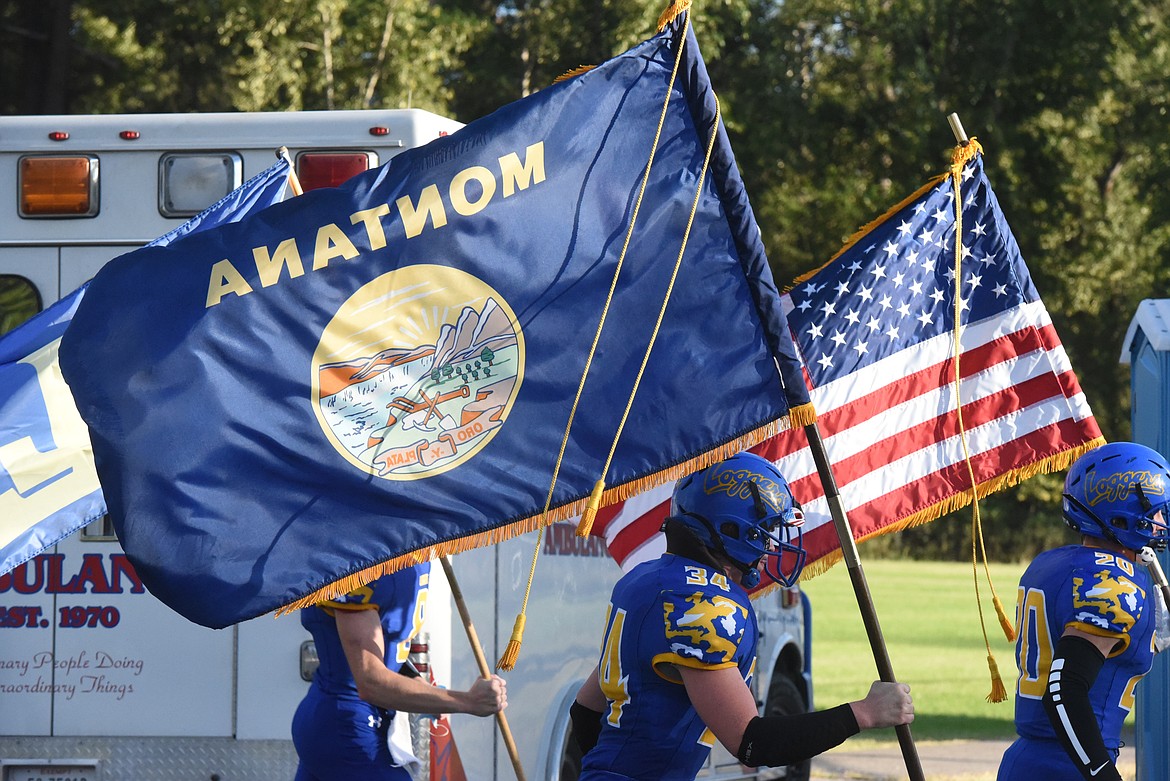Libby administrators iron out process for letting non-public school students join extracurriculars
With the fall sports season approaching, administrators with Libby Public Schools continue to grapple with a new state law that allows homeschooled and private school students to participate in public school extracurriculars.
While the Montana High School Association has released rules for how to apply the law, Jim Germany, Libby athletic director, said the guidelines leave a lot of leeway up to local administrators...
Become a Subscriber!
You have read all of your free articles this month. Select a plan below to start your subscription today.
Already a subscriber? Login



